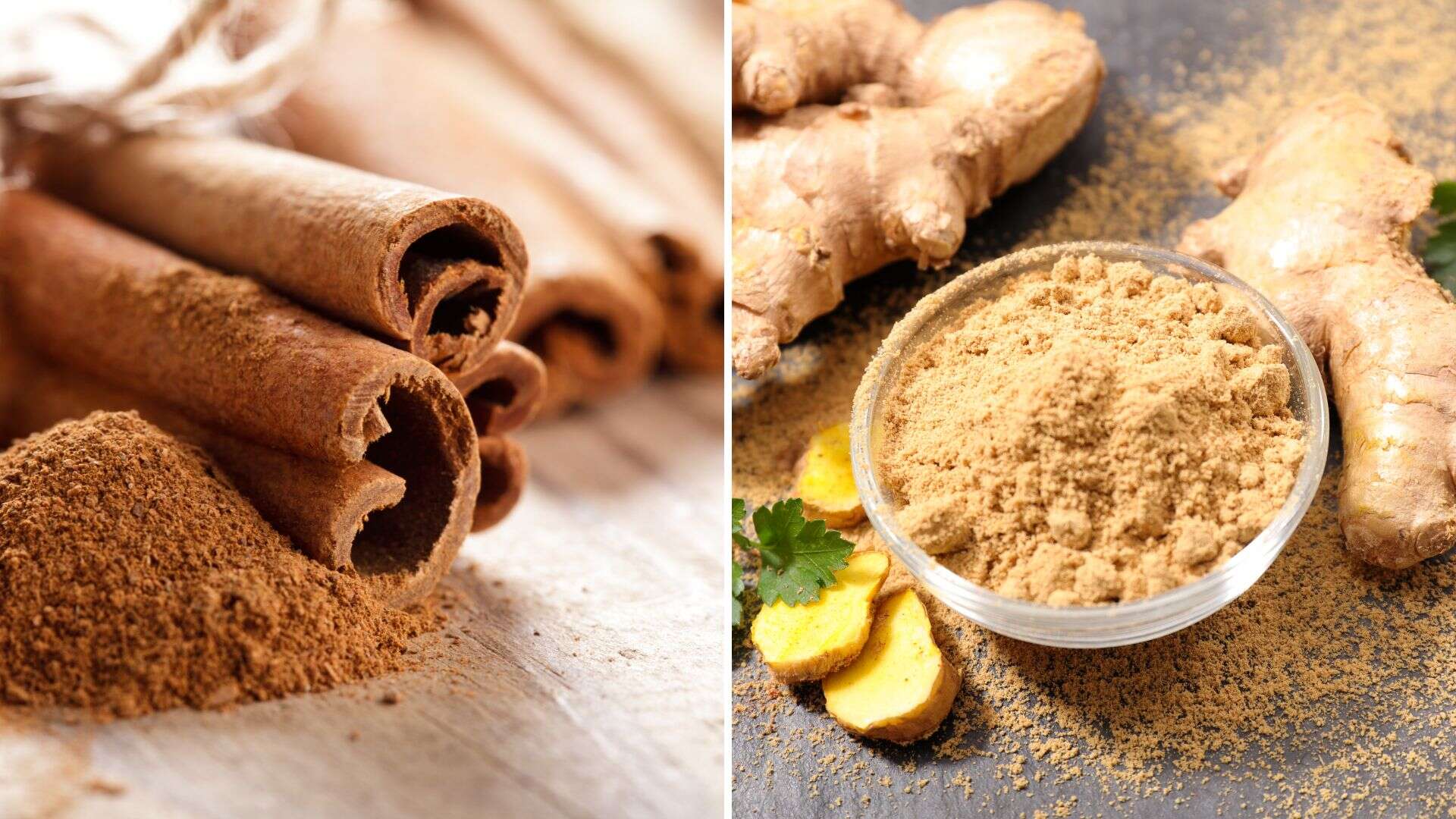Delving into the intricate landscape of Polycystic Ovary Syndrome (PCOS), a prevalent hormone-related condition affecting 6 to 12% of women in the U.S., reveals a complex interplay of factors such as insulin resistance, inflammation, genetic predispositions, and heightened androgen levels in the ovaries. This enigma of a syndrome manifests uniquely in each individual, showcasing symptoms like irregular menstrual cycles, acne, abnormal hair growth, ovarian cysts, and elevated androgen levels. Contrary to misconceptions, painful periods are not a direct symptom of PCOS, though hormonal imbalances often contribute to such discomfort.
Navigating the PCOS Terrain:
Conventional approaches to PCOS treatment often involve the prescription of birth control or diabetes medication like Metformin, primarily focusing on symptom management. However, these solutions merely mask the underlying issues without addressing the root causes of PCOS. In a refreshing twist, emerging research suggests that lifestyle adjustments and dietary changes can play a pivotal role in not just managing but potentially reversing PCOS. Enter two unsung heroes from your kitchen shelves: cinnamon and ginger. These seemingly humble herbs have shown promising potential in addressing PCOS by targeting key factors like insulin resistance and inflammation.
Cinnamon & Ginger Unveiled:
Recognizing PCOS as a prevalent endocrine disorder, recent research set out to explore therapeutic avenues for its management. The study aimed to evaluate the impact of cinnamon, ginger, and the conventional medication metformin on sex hormone levels, metabolic health, and anthropometric indices in women with PCOS.
The findings are groundbreaking. While all groups experienced significant reductions in weight and BMI, cinnamon demonstrated a marked decrease in insulin resistance and testosterone levels. Simultaneously, ginger exhibited a reduction in follicle-stimulating (FSH) and luteinizing hormone (LH) compared to the placebo groups, essential for maintaining reproductive health. Notably, women with PCOS often exhibit elevated LH levels relative to FSH.
What’s more, these PCOS-fighting herbal treatments are readily available in your kitchen. Columbia University’s study revealed that adding cinnamon to diets resulted in more regular periods compared to a placebo. Cinnamon’s unique ability to regulate blood sugar and reduce insulin resistance aligns it as a potent ally against PCOS. Ginger, with its anti-inflammatory properties, not only reduces FSH and LH but also bolsters the immune system while balancing estrogen and progesterone hormones. A study comparing Clomid with ginger extract even found that a high dose of ginger was as effective without the long-term effects.
How to Incorporate Them:
Making these herbs a part of your routine is simpler than you think. Sprinkle cinnamon on yogurt, add it to your coffee, or blend it into smoothies. While there’s no fixed dosage, a standard recommendation is around 1 teaspoon per day. Boost your ginger intake by incorporating 2-3 cups of ginger tea into your daily routine, creating fresh ginger shots, or adding it to smoothies and juices.
Explore Our Solutions:
For a convenient way to include these powerful herbs in your daily routine, consider products like Guardian Tea and GlucoBitters. The warming blend of medicinal herbs in Guardian Tea, including cinnamon and ginger, helps modulate inflammation, providing support for PCOS or general inflammation and immunity concerns.
While every PCOS journey is unique, it’s essential to consult with your doctor before making significant changes. Though PCOS may seem daunting, embracing a healthier, more balanced lifestyle through natural alternatives like cinnamon and ginger can be a transformative step toward a more vibrant life.




